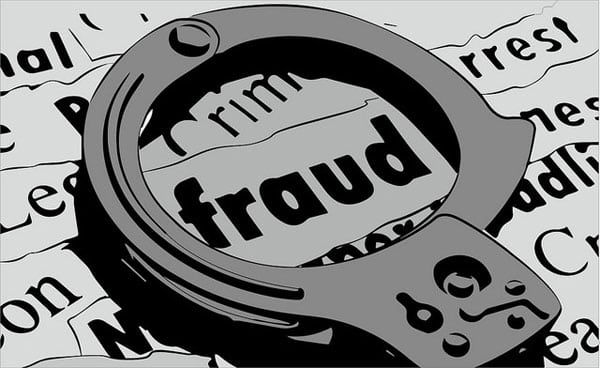
September 26, 2018; The Conversation
In an interesting journal article in the April 2018 edition of Nonprofit Management and Leadership, researchers Deborah S. Archambeault and Sarah Webber of the University of Dayton reveal some new findings about what fraud does to nonprofits of different sizes. Most shocking to us was the finding that 25 percent of the 115 nonprofits studied, all of which had suffered a publicized incidence of fraud, closed their doors within three years of the incident.
As with other closures, most of those that happened after these frauds were in the smaller and newer organizations.
The authors point to a few likely reasons:
Sign up for our free newsletters
Subscribe to NPQ's newsletters to have our top stories delivered directly to your inbox.
By signing up, you agree to our privacy policy and terms of use, and to receive messages from NPQ and our partners.
Notably, the leaders and staff of newer organizations tend to lack skills and experience, which leads to problems with reliability and accountability. Newer nonprofits may also lack the structure, systems and routines that older organizations typically possess.
Smaller organizations have the disadvantage of being less able to withstand financial shocks than their larger counterparts because they operate on smaller budgets and lack deep pockets. They may also have trouble fundraising, and often find it difficult to compete for good employees. These struggles can make it harder to recover from a crisis.
Other variables played into the likelihood of survival as well. First and foremost, if the fraud was committed against the public, the organization was more likely to close than if it were committed against the organization. Second, organizations are more likely to close when a high-level executive is complicit in the fraud than if lower level employees were involved.
None of these findings ought to surprise our readers, but they do reinforce some basics that often get overlooked when starting up a new organization. Don’t depend on trust or over-rely on a staff or board member who volunteers to “take care of all that financial stuff” without reasonable checks and balances. Get advice on how to establish safe and informative systems early and from multiple sources as you grow and develop. Develop a board that’s unafraid of asking hard questions about the numbers, and make sure both they and you understand what you must monitor and how on a regular basis.—Ruth McCambridge













